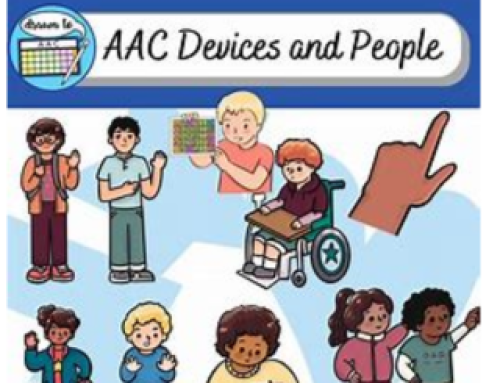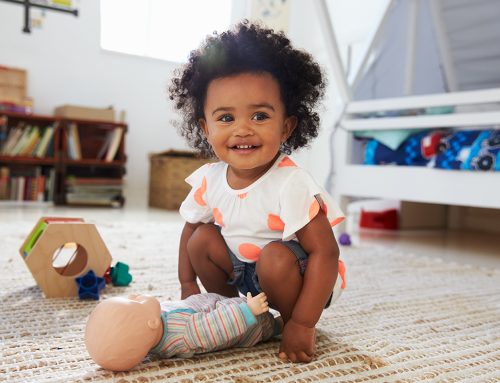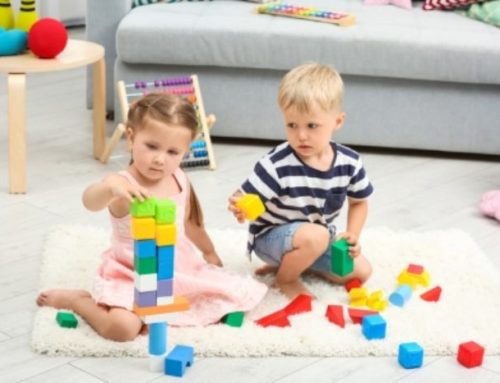Did you know that from birth to age 3, a child’s brain produces more than a million neural connections each second? Your child’s brain grows exponentially between birth and age 3 as they develop language, motor skills, and early literacy. We know that babies and toddlers learn best through loving, consistent and responsive relationships that support play and exploration. Below we have listed some ways you help your child develop their language skills during these first years of life. If you have concerns regarding your child’s speech or language language development contact a speech and language pathologist. At Morgan Hill Speech, we will happily talk with you regarding your child and help you figure out the next steps.
Supporting Your Child’s Language Development:
- Talk, talk, talk to your child from birth and respond when they communicate, even if your child is not yet using words. For example, if your child coos or gurgles you can make noises back to them.
- Add words to their sounds, gestures, and non-verbal communication. For example if your baby raises their arms, you can say “oh, you want up”.
- Make it a back and forth interaction even if they don’t have words yet; pause after your child communicates and give them time to respond.
- Model language naturally without demands to ‘say this or say that’.
- When your child starts using words, you can repeat and build on what your child says. For example, if your child says, ‘apple,’ you can say, ‘Yes, it’s a red apple’ or ‘yes, let’s eat the apple’.
- Narrate what you’re doing, even during everyday tasks like laundry, making dinner, or grocery shopping.
- Play, play and more play at your child’s level. Get down on the floor with your child and follow your child’s lead. Hands-on, unstructured, social play is essential for building language, cognitive, and social-emotional skills.
- Read books together on different topics so your child hears words used in many different ways. You don’t have to read every word, but talk about the pictures.
- Expose your child to nursery rhymes and children’s songs, Rhymes and songs with actions, like ‘Itsy Bitsy Spider’ make it easy for your child to join in.
- Hold off on screens until at least 18-24 months of age, and after that the American Academy of Pediatrics recommends only a maximum of 1 hour per day for preschoolers.




